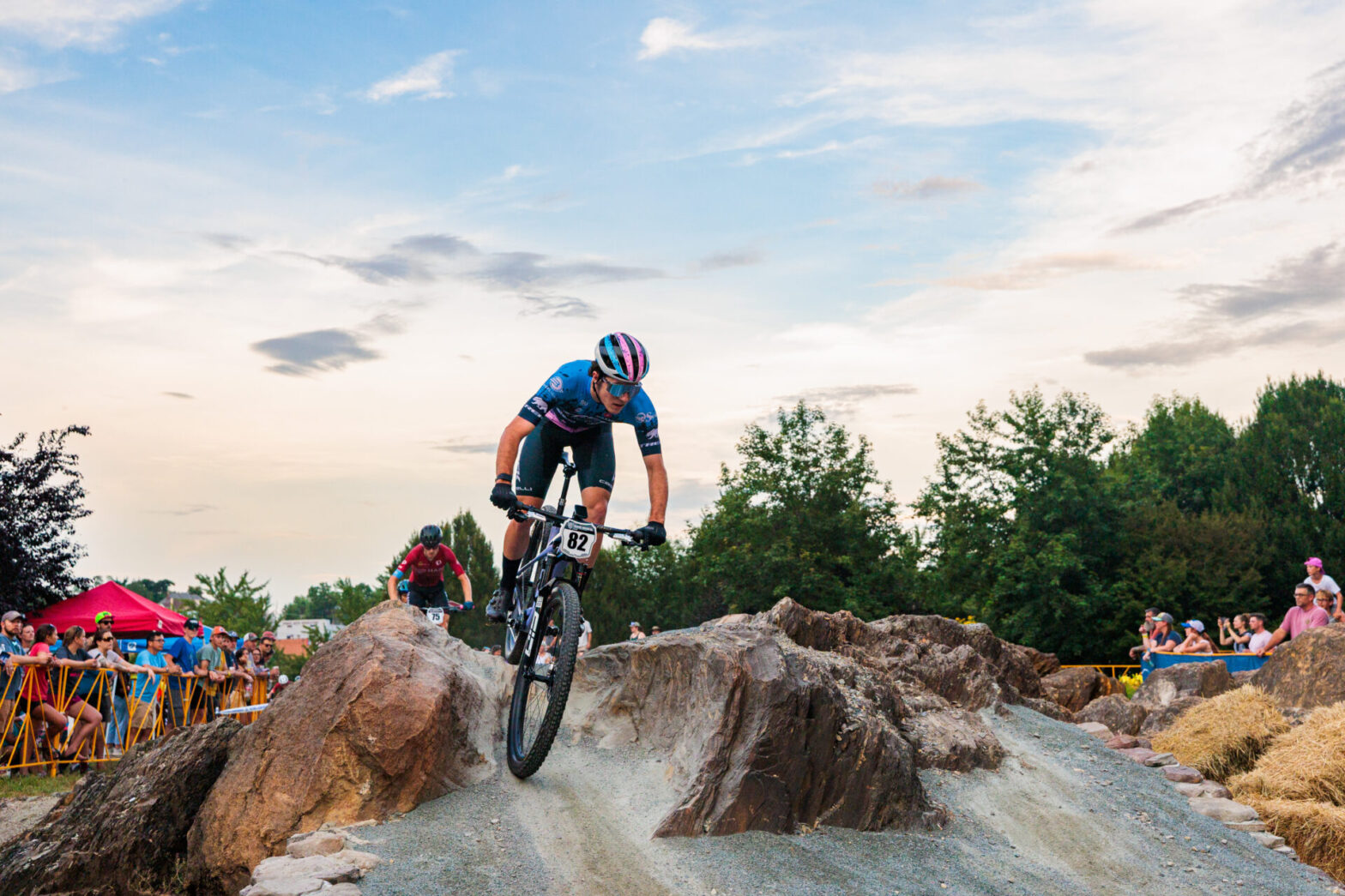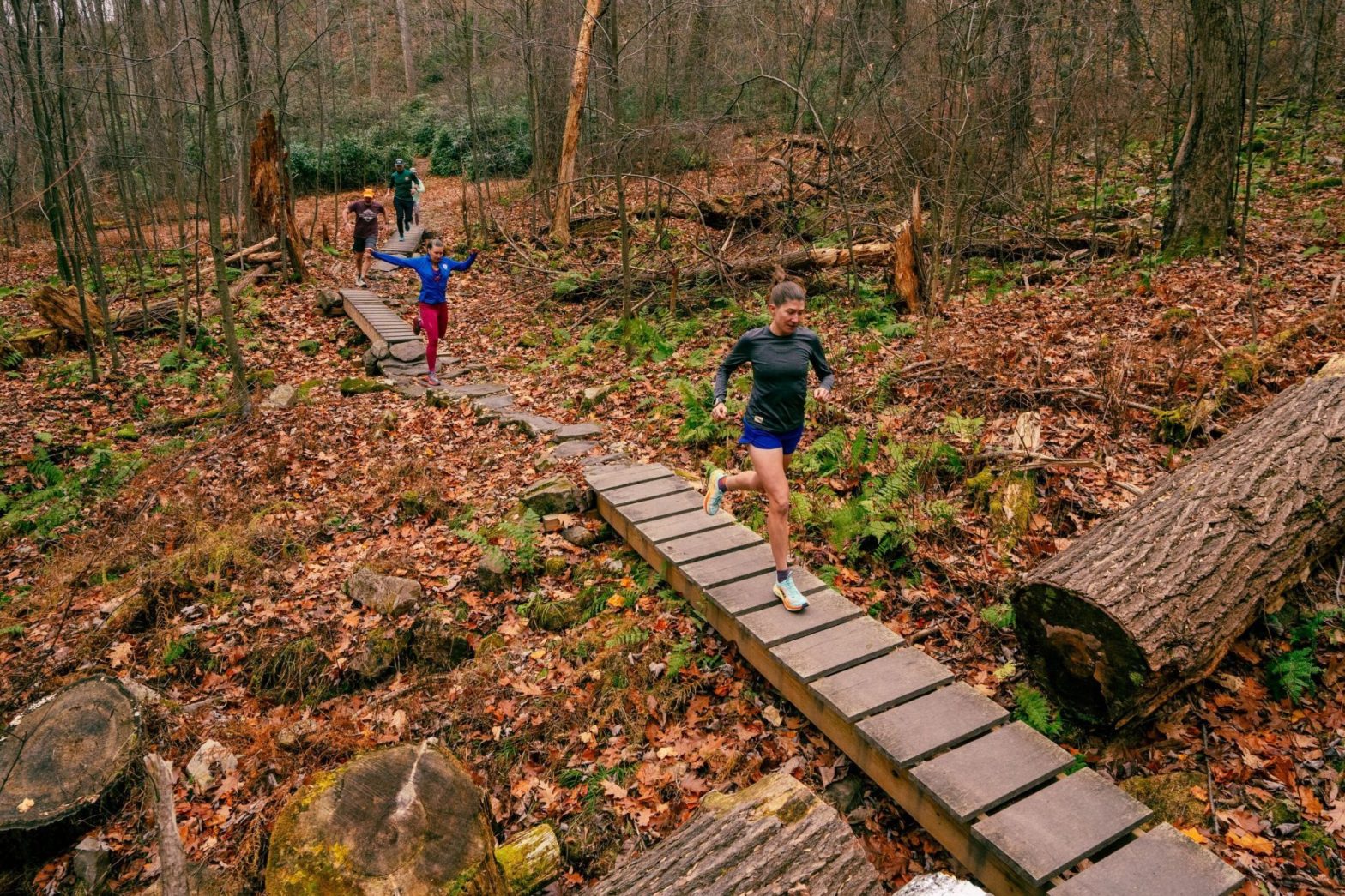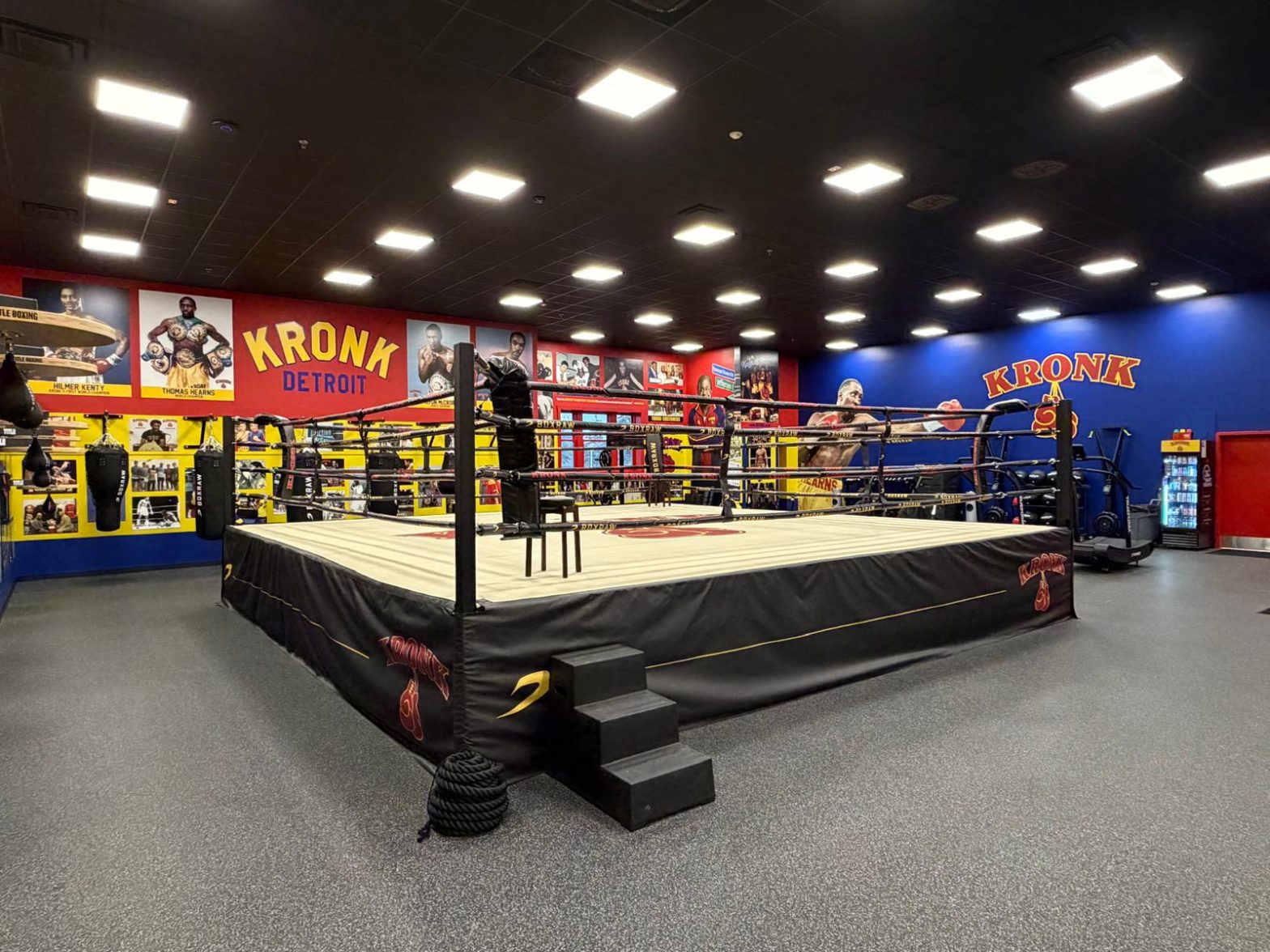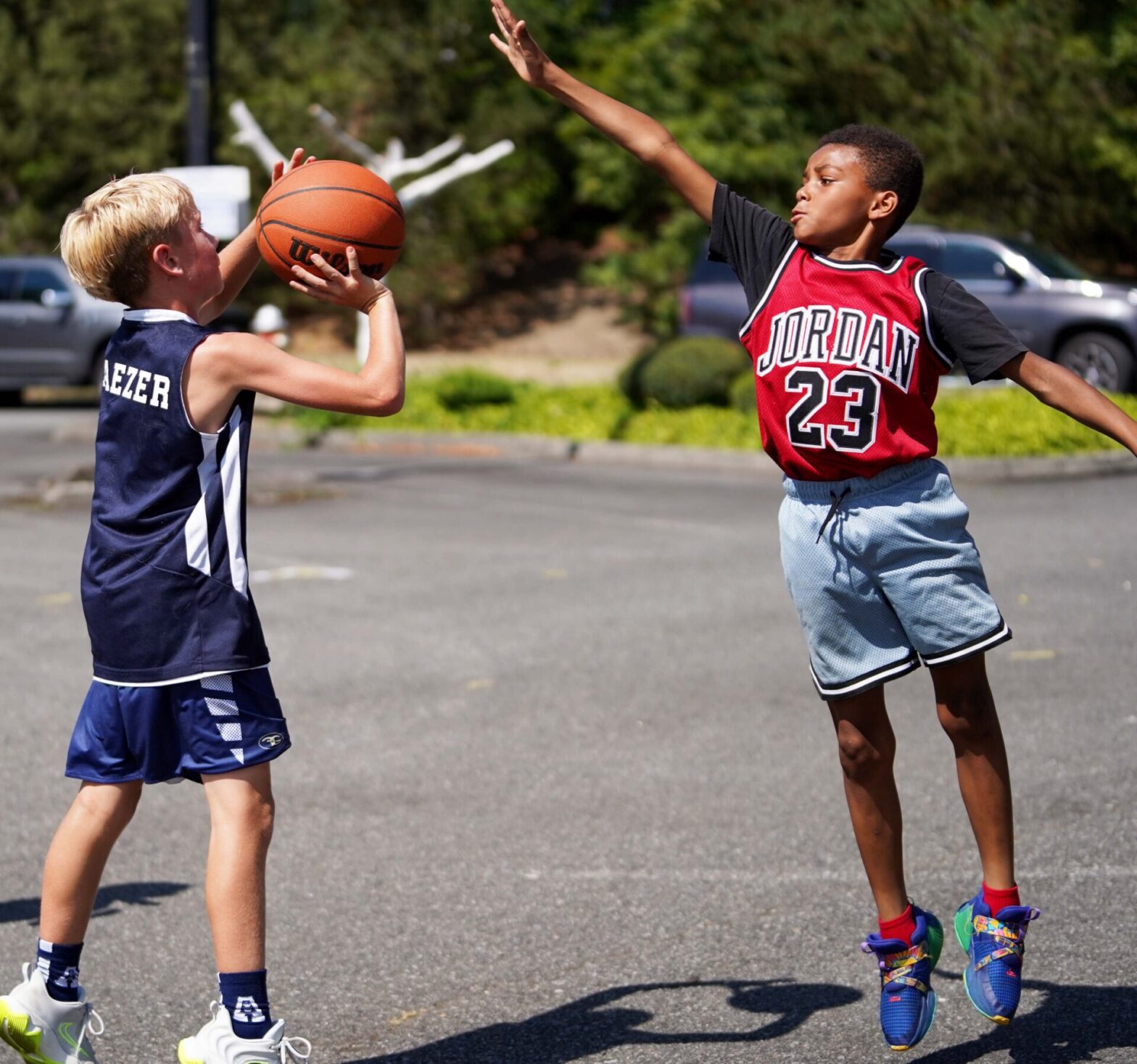
When you think of the sport of skateboarding, the first thing that comes to mind is probably Tony Hawk—and for good reason. Tony Hawk was the first skateboarder to land a 900—a two-and-a-half revolution aerial spin—and went on to become the face of his sport throughout the 2000s and onwards. Indeed, skateboarding left a deep impression in the zeitgeist of the naughts through extreme sports events like the X-Games. However, the sport actually goes back decades before there were any professional boarders.
A little history
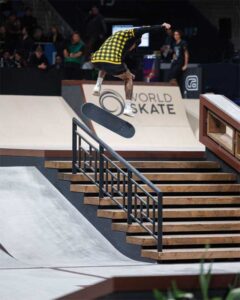
It all started out in the 1950s, not as a sport, but as a way for surfers to pass the time. At the time, surfers in California were simply seeking a way to “ride the waves” without being on the water. They started by fashioning a wooden board with roller skate wheels, before eventually, wheels were developed to improve the ride. Soon after, the very first skateparks began to open, providing riders with ramps and bowls. By the 1970s, the skateboarding culture was officially born with professionals taking the stage and the very first competition, the Del Mar National Skateboard Championship, being held in 1975.
Skateboarding continued to gain popularity as a sport, with the inaugural X-Games being held in the summer of 1995. Then, at the 1999 X-Games, Tony Hawk landed the move heard around the world—the 900, known as one of the sport’s most difficult tricks. The sport continued to evolve and grow from there, with other major events, including the Dew Tour and Street League Skateboarding.
Olympic debut
Today, it is estimated that approximately 8.75 million people in the United States above the age of six take part in the sport, up from previous years, according to Statista, a demographic statistics analyst. What helped bring that number up from previous years is the sport being added to the Olympic Games. Skateboarding made its Olympic debut at Tokyo 2020 in 2021. “Skateboarding has made a steady growth, but the Olympics helped bring a whole other element to the sport,” says Whitney Carter, director of internally managed sports for the U.S. Olympic & Paralympic Committee. “So many athletes have been able to see that it has been taken to a whole new level and that they can skateboard and also be an Olympian.”
American skaters Jagger Eaton and Cory Juneau each won bronze at the first-ever skateboarding inclusion in the Olympic Games—Eaton for Men’s Street and Juneau for Men’s Park—and the qualifiers are well underway to find the next round of talented skaters to represent Team USA at the 2024 Summer Olympics in Paris. “Right now, we have about 50 athletes, and after phase two of qualifying it will be narrowed down to 24,” she explains. “From there it will be reduced down
to 12, as that’s the max number of athletes we can send.”
Qualifying for Paris 2024
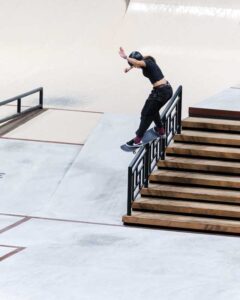
Qualifying for the Paris Games will take athletes through events in Dubai (in March) and then on to Shanghai (in May) and Budapest (in June). “It’s incredibly competitive,” adds Carter. “In the U.S., we have a really strong team and a lot of really good skaters.”
Unlike many other sports, such as swimming or track and field, skateboarding currently has no national championship in the U.S. Though that could change at some point after the Paris Games and before the 2028 Summer Olympics in Los Angeles. “In the past, there used to be national championships to help identify athletes that could go on to world events, but there’s none for skateboarding,” Carter explains. “But this situation always resets [Olympic Games after Olympic Games]. It’s possible that opportunities could open up for American cities to host qualifying events in the next [games].”
Currently, World Skate, the governing body for all sports performed on skating wheels, manages the qualification system and, thus, the qualifying events. Any city hoping to win a bid to host a skateboarding event needs to abide by current criteria. Firstly, the city must have a skatepark. “And it must be internationally certified,” says Carter. “Beyond that, hotel access and airport access are important. For some events, such as the World Street Skateboarding Championship that was held in Tokyo, there were upwards of
150 male athletes and 75 female athletes. So, it’s not uncommon to have 200 skaters at an event.”
In the meantime, the U.S. Olympic & Paralympic Committee is focused solely on making sure it has the very best skaters to represent Team USA in the Paris Games—and hopefully bring home the gold.



